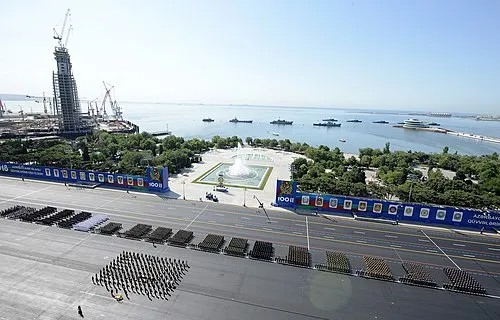
Emancipation Day: A Historic Commemoration Across the Caribbean
Emancipation Day is a significant public holiday celebrated in several Caribbean nations, including Barbados, Bermuda, Guyana, Jamaica, Saint Vincent and the Grenadines, and Trinidad and Tobago. This day marks the emancipation of enslaved Africans and serves as a powerful reminder of the enduring struggle for freedom and justice. As people across the Caribbean remember their history and celebrate their heritage, Emancipation Day has evolved into a major event marked by various cultural activities, educational programs, and community gatherings.
The Historical Significance of Emancipation Day
Emancipation Day commemorates the Slavery Abolition Act of 1833, which came into effect on August 1, 1834, in the British Empire, freeing enslaved peoples across various Caribbean colonies. In Barbados, for instance, this historic day is one of the oldest public holidays, emphasizing its cultural relevance. Each country has its own history and ceremonies related to emancipation, reflecting its unique past and cultural landscape.
Celebrations Across Different Nations
In Barbados, Emancipation Day is celebrated with grand parades, cultural performances, and educational workshops. The focal event is often the Emancipation Day March, where people gather to honor the struggle for freedom.
Bermuda incorporates similar festivities, with a strong emphasis on community. Residents participate in storytelling sessions, music events, and art exhibitions that highlight the island's unique African heritage.
Guyana observes Emancipation Day with a blend of traditions, including reenactments of historical events, festivals featuring Afro-Guyanese music, and food fairs where traditional dishes are served.
In Jamaica, Emancipation Day unfolds with a variety of performances, including dance, spoken word, and music that honors the resilience of the enslaved. Jamaican communities also engage in prayer and reflection during this somber yet celebratory occasion.
Saint Vincent and the Grenadines celebrates with its own flavor, featuring heritage fairs that showcase local crafts, music, and food that celebrate the island’s cultural diversity.
In Trinidad and Tobago, festivities often include various cultural events such as calypso competitions, boat rides, and family gatherings that allow for a deep appreciation of the nation’s African heritage.
Educational Programs and Community Engagement
Aside from the celebrations, Emancipation Day is an opportunity for education. Schools and community organizations often organize programs that teach the younger generation about the importance of this day. Discussions, documentaries, and workshops provide insights into the history of slavery and the fight for human rights. Such endeavors help foster a sense of identity and belonging among the youth.
The Role of Unity in Celebrating Emancipation Day
Emancipation Day is more than just a holiday; it embodies the spirit of unity and resilience among Caribbean nations. Families and friends come together to honor their shared history and look forward to a future where freedom and equality prevail. The day is marked not just by remembrance, but also by a collective commitment to continue advocating for justice and equity in society.
Conclusion
Emancipation Day serves as a powerful reminder of the resilience and strength of the human spirit. As communities across Barbados, Bermuda, Guyana, Jamaica, Saint Vincent and the Grenadines, and Trinidad and Tobago celebrate their heritage, they also reaffirm their commitment to justice, equality, and freedom. This holiday not only honors the past but also inspires future generations to cherish and uphold the values of liberty and brotherhood.





